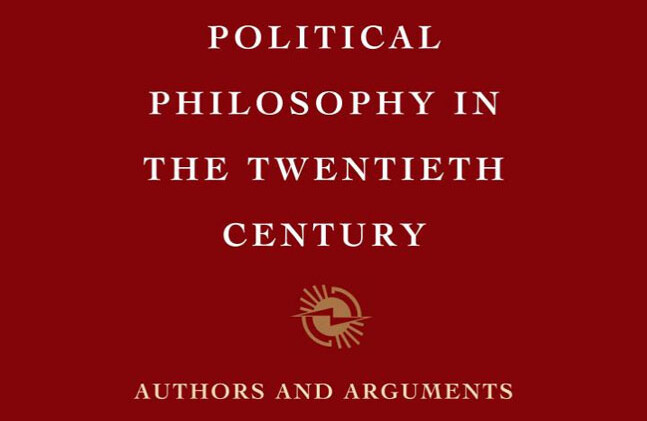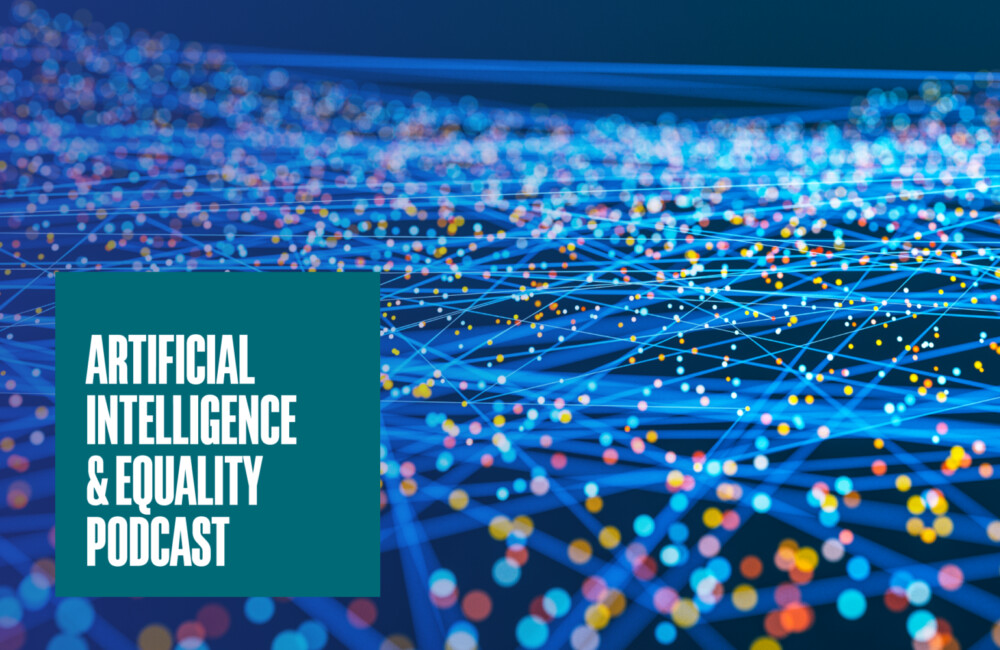Framing ethical perspectives
Applied ethics refers to the practical applications of the moral principles that govern behavior. Carnegie Council focuses on this field, mostly through the realm of international affairs, by identifying and addressing the most critical ethical issues of today and tomorrow. Our initiatives, content, and experts analyze the way that governments, institutions, and individuals interact and make choices on global issues, such as climate change, emerging technology, and governance.
Featured Applied Ethics Resources
Practical conversations, decision analysis, and more
MAY 10, 2022 • Podcast
Making Decisions When Values Conflict or Are Prioritized Differently, with Paul Root Wolpe
JUL 5, 2023 • Article
A Framework for the International Governance of AI
Carnegie Council, in collaboration with IEEE, proposes a five-part AI governance framework to enable the constructive use of AI.
APR 12, 2022 • Podcast
Surveillance Tech's Infinite Loop of Harms, with Chris Gilliard
In this discussion with Senior Fellow Arthur Holland Michel, Chris Gilliard explains why the arc of surveillance technology and novel AI bends toward failures that ...
Related Initiatives
Carnegie Ethics Accelerator
The Carnegie Ethics Accelerator is a new kind of incubator designed to empower ethics in the face of swiftly evolving challenges in technology and public policies.
Ethics & International Affairs Journal
Ethics & International Affairs is the quarterly journal of Carnegie Council. It aims to close the gap between the theory and practice of ethics.
Carnegie Ethics Fellows
The Carnegie Ethics Fellows program (CEF) seeks to cultivate the next generation of ethical global leaders across business, policy, technology, NGOs, and academia.
Explore Our Applied Ethics Resources

AUG 12, 2013 • Article
Global Ethical Dialogues: South America Slideshow June 2013
Slideshow from June 2013 Global Ethical Dialogue in South America with Centennial Chair Michael Ignatieff.

JUL 24, 2013 • Article
Burma's Reforms and Regional Cooperation in East Asia
"Though the 2010 elections that brought a civilian government to power were not free and fair, the new president, Thein Sein, has embarked upon a path-breaking ...

JUL 11, 2013 • Article
Book Review: Political Philosophy in the Twentieth Century: Authors and Arguments
This collection of essays edited by Catherine Zuckert provides an overview of the work and lives of 18 thinkers who made significant contributions to the development ...

JUL 10, 2013 • Article
Venezuela: An Ethical Foreign Policy?
Some observers see Venezuela's foreign policy as promoting international solidarity with the oppressed, combating poverty, and pushing for a just world order free of uni-polar ...

JUL 8, 2013 • Article
Ethics on Film: Discussion of "The Island President"
As "The Island President" makes clear, it is impossible to overstate the catastrophic effect global warming will have on the Maldives. During the 2009 Copenhagen Summit, ...

JUN 25, 2013 • Article
Global Ethical Dialogues: Lessons from Brazil, Uruguay, and Argentina
Most societies agree on certain global norms. For example, in most countries, corruption is considered unethical. But what happens when global norms are applied locally? ...
JUN 13, 2013 • Podcast
Ethics Matter: Jeremy Scahill on the World as a Battlefield
In the name of the "war on terror," the U.S. is conducting covert warfare and targeted killings, and it dismisses the resulting deaths of ...

JUN 5, 2013 • Article
Mindsets May Hinder Progress in Myanmar
Great excitement surrounds the World Economic Forum meeting in Myanmar this week, an indication of the country's new openness. But while the media has highlighted ...
MAY 31, 2013 • Podcast
Legal Reflections on the Past, Present, and Future of National Security
"In the post-9/11 world, the job of being the senior legal authority for the Department of Defense is the perfect storm collision of law, national ...

MAY 29, 2013 • Podcast
Carnegie New Leaders: A Discussion with Independent Diplomat's Carne Ross
It's not always easy to do the right thing. "Had I had children, had I been 10 years older, I wouldn't have done it." In a ...





